Obstructive Sleep Apnea (OSA) is an important factor to focus on in the fight to treat and prevent heart disease, due to the prevalence of secondary health issues which can arise when OSA is left untreated. These include high blood pressure, obesity, diabetes and dyslipidemia, which we discuss in more detail here.
The Role of High Blood Pressure (HBP)
If you already have it, sleep apnea can make it worse as it prevents your body from absorbing much needed oxygen. Sudden drops in blood oxygen levels that occur during sleep apnea increase blood pressure and strain the cardiovascular system. Also, when you wake up often during the night and get poor sleep, your body gets stressed.
Here are some surprising facts about blood pressure that people may not realize:
- HBP usually doesn’t have any symptoms and just like sleep apnea it is sometimes called the “silent killer”
- HBP may be linked to dementia—research has shown that HBP is linked to a loss of cognitive function, specifically among adults aged 44 to 66
- Young people can have HBP, too—nearly 20% of adults aged 20 to 44 have it
- HBP is a leading cause of stroke, a condition that is on the rise among younger people.
- Most people don’t know they have high blood pressure—about 1 in 3 American adults are unaware and are not being treated to control it. More information here.
- Women are at risk – if you have HBP while pregnant you are more likely to have complications than those with normal blood pressure. Also, some types of birth control can raise a woman’s BP.
- African American men and women also have higher rates of HBP than any other racial or ethnic group in the United States.
Treatment can make a difference though. Some people with HBP who get help for sleep apnea will see their blood pressure improve. Talk to your doctor, and make the necessary lifestyle changes. Here are more steps you can take to prevent HBP.
Check your blood pressure knowledge here.
The Role of Obesity
Research has shown that obesity and OSA are strongly related. Just like OSA, obesity is linked to insulin resistance, dyslipidemia, hypertension, and inflammation.
In one study, 464 men underwent sleep studies at two sleep laboratories 28% of whom were obese and 47% were overweight. The study concluded that patients who were found to suffer from OSA, were also centrally obese (measured by waist circumference). Another study showed that apneic patients had significantly higher body mass index (BMI), neck and abdominal circumferences than non-apneic patients.
According to another study, even in mildly obese, but otherwise healthy men (without diabetes or cardiopulmonary disease) their weight was associated with an increased risk of having impaired or diabetic glucose tolerance related to oxygen deficiency caused by OSA.
A healthy diet and weight loss can significantly help in treating and preventing OSA. Talk to your doctor to learn more.
The Role of Diabetes
Several cross-sectional studies link OSA to insulin resistance and diabetes, which in turn can lead to heart disease.
Some studies of snorers have confirmed the association of sleep apnea and insulin resistance or diabetes in Korean non-obese and Indian males. In all studies, the association was independent of obesity, even though obesity is known to increase the risk for impaired glucose tolerance. Similar results were found in subjects with suspected Obstructive Sleep Apnea. In normal subjects, oxygen restriction caused by OSA appears to be an important contributor to glucose intolerance. However, treatment with CPAP has been shown to rapidly restore insulin sensitivity, especially in patients who were not obese.
In summary, the bulk of evidence supports the view that OSA worsens glucose metabolism, but this outcome is reversible with treatment. That is why it is so important to get treated if you believe you are at risk for OSA or if you have been diagnosed with diabetes.
The Role of Coronary Artery Disease (CAD)
Another big issue which can lead to heart disease is Coronary Artery Disease (CAD), and the association of OSA and CAD has been documented in various studies. The reason why untreated OSA worsens the prognosis of patients with CAD, is again mainly due to hypoxia (oxygen restriction) during sleep apnea episodes at night. The lack of oxygen has been shown to increase the extent of coronary lesions.
In addition, these coronary lesions have been shown to reduce the heart muscle’s ability to pump blood. Interestingly, experimental data in rats showed that daily exposure to intermittent hypoxia over time increased tissue damage caused when blood supply returned.
In summary, epidemiological and clinical studies show that the association of OSAS and CAD is frequent but still more research is required to learn more.
The Role of Dyslipidemia
Dyslipidemia is yet another condition which can occur due to OSA and result in heart disease. It refers to an abnormal amount of lipids (e.g. triglycerides, cholesterol and/or fat) in the blood. It is primarily caused by excessively high cholesterol levels and it is also a known risk factor in the development of CAD. It is highly prevalent among adults with high blood pressure. Other studies have proven that the factors involved in developing dyslipidemia are affected by obesity. It cannot be said that dyslipidemia causes sleep apnea or that sleep apnea causes dyslipidemia, although the two conditions tend to aggregate among obese patients. Moreover, clinical evidence indicates that patients with abnormal lipoprotein levels improved significantly with treatment for OSA.
Treating Sleep Apnea and Preventing Heart Disease
All of the health problems outlined here can sound scary, but they are preventable and mostly treatable. Research shows that treatment of sleep apnea combined with lifestyle changes improves heart function and decreases the risk of coronary events, high blood pressure and stroke.
Talk to your doctor about the options most likely to help you feel better and avoid other health issues.
Install Ognomy to get tested, diagnosed and on the path to better sleep in only a matter of weeks.












